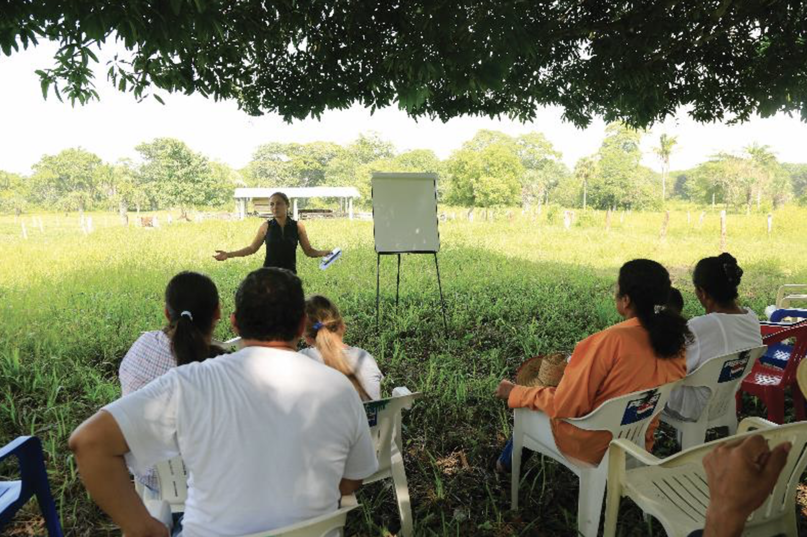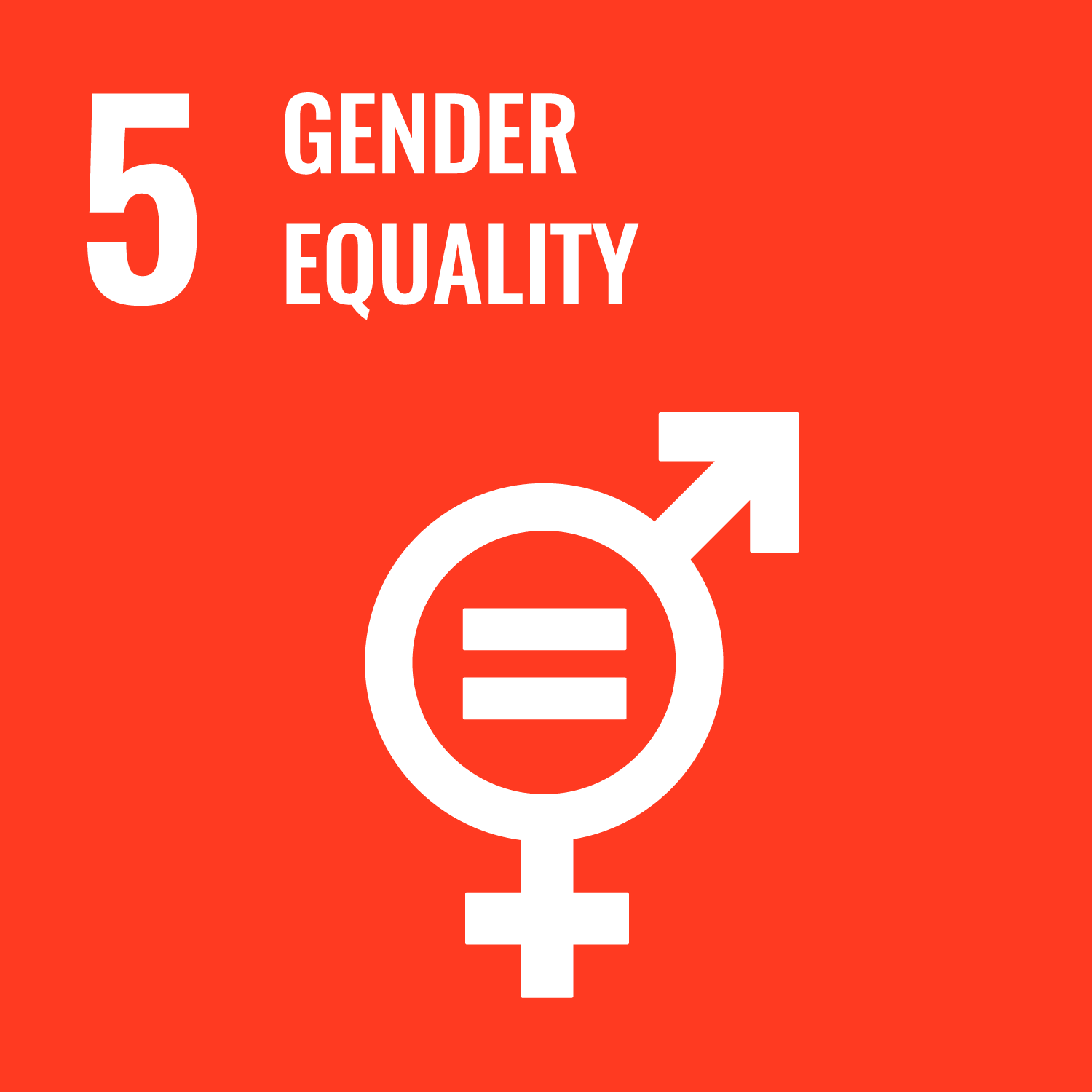Women’s equality is key for achieving sustainable forestry in the tropics
8 March 2022

Women have a crucial role to play in sustainable forestry. Photo: Gerardo Sánchez-Vigil
Yokohama, 8 March 2022: Women have always been a crucial part of forestry—as custodians of traditional knowledge, as gatherers and users of diverse forest products, increasingly as forestry professionals, and much more. Recognizing and enhancing their roles is crucial for achieving sustainable tropical forestry and improving forest livelihoods.
ITTO has a long history of empowering women and promoting gender equality in its field and policy work, and its Guidelines on Gender Equality and the Empowerment of Women, published in 2018, institutionalizes this commitment. The guidelines provide a framework for internalizing gender equality in ITTO policies, plans, programmes, projects, activities and staffing, thus establishing a direct link between ITTO work and Sustainable Development Goal 5, “gender equality”.
Common obstacles faced by women in the tropics include limited control over forestlands; limited access to financial resources, education, training and technology; and underrepresentation in decision-making processes that affect them. ITTO has financed projects aimed at overcoming such hurdles.
In Togo, for example, an ITTO initiative is changing the lives of women in two prefectures by supporting forest landscape restoration and improved agroforestry practices.
The initiative, “Support for women’s groups with the restoration of forest landscapes in the prefectures of Blitta and Lacs, Togo”, financed by Soka Gakkai, is helping participating women learn new skills, gain employment and become financially independent. They have received training in nursery establishment, seedling production, reforestation techniques, enrichment planting and agroforestry. To date, the initiative has reforested and introduced agroforestry to about 20 hectares of degraded land, helping create a sense of independence and pride among the women whilst providing future opportunities to enrich their livelihoods.
“This initiative has enabled us to strengthen our technical and material capacities,” said Ms Béatrice Sandji, President of NOVISSI, a local women’s group. “We are proud to have tree plantations today and we have also mobilized our income through the sale of maize and soybeans whilst ensuring sufficient quantities of our production to feed our families.”
In Bali, Indonesia, an ITTO project helped build capacity among women bamboo weavers to improve product designs and family financial management. The project also helped the women increase their contributions to family income while upholding a valuable tradition of handing down their weaving skills to the next generation.
“Even in the pandemic, these incredible women’s groups have maintained their commitment and work,” said ITTO Project Coordinator Desy Ekawati. “They continue to provide for their families and pass on their skills and knowledge to girls and young women.”
ITTO also has a long history of helping women in their professional development through its Fellowship Programme. Ms Adi Estela Lazos, one of many young women professionals who have benefited from this programme, was awarded an ITTO Fellowship in 2013 and now works as a researcher at Mexico’s National Autonomous University.
“It was a great experience for me to have the support of the ITTO Fellowship Programme,” she said. “The studies I conducted at Rio de Janeiro’s Botanical Garden [Brazil] widened my vision and had a cascade effect in my professional career as a researcher.”
Ms Lazos acknowledges that women’s empowerment situation differs in rural and urban areas and that more work is needed to close such gap.
“ITTO’s efforts to include gender issues in all its actions are noted, congratulations,” she said.
ITTO Executive Director Ms Sheam Satkuru, the first woman to be elected to this position in the Organization’s 37-year history, stated: “ITTO as an international organization has 44% women’s strength at our Secretariat and will strive to continue fostering women’s leadership in natural resource management by ensuring that best practices are applied to gender issues appropriately in the development and implementation of projects, fellowships and activities under its portfolio and will disseminate the outputs widely. Capacity building and awareness-raising are effective vehicles that empower women and improve sustainable forest management across the tropics.”
ITTO recognizes that the full potential of societies and communities can only be achieved if men and women work and live together with mutual respect, recognition and support within their cultures.